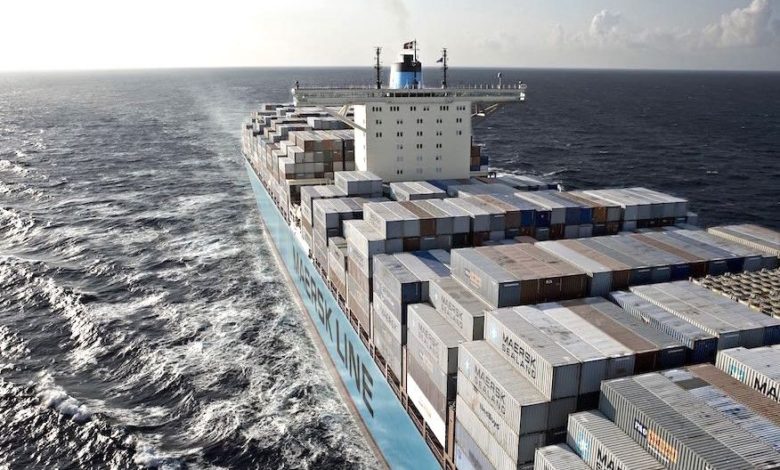Maersk accused of blatant profiteering from its sulphur cap surcharge

The crescendo of shipper criticism aimed at Maersk for its sulphur cap surcharge, announced on Monday, continues to reverberate.
Maersk Line has announced a new Bunker Adjustment Factor surcharge, effective from the start of next year, which it claims is aimed at recovering the costs of compliance – thought to be up to $2bn for Maersk alone – with the global sulphur cap, which enters into force on January 1 2020.
Maersk becomes the first carrier to publically state how it intends to charge for the sulphur cap, with other lines waiting in the wings to see what reaction this Maersk surcharge will get from the markets.
Alan Mctaggart, group logistics director, Techtronic Industries, based in Hong Kong and the buyer of around 30,000 teu a year, joined a growing line of disgruntled shippers, accusing Maersk of passing on the entire costs of sulphur cap compliance to its customers.
“The undoubted extra costs will have to be paid for but to expect to pass them on entirely to the customer would be unrealistic. Mind you this trait is not unheard of in the industry,” Mctaggart told Splash today.
“In the end realistic carriers will adopt their own apportionment formulae and the market will eventually set the all in price as it always does,” Mctaggart predicted.
Bjorn Vang Jensen, vice president of global logistics at Electrolux and a former Maersk man, called for greater dialogue between carriers and shippers to work out how best to pay for the sulphur cap.
“I don’t see any BCO or NVO blindly accepting carriers’ revised formulas, and that the BCO community is expecting carriers to involve us in the process, with full transparency and co-operation. The entire shipping ecosystem is in this together,” Jensen told Splash.
Katsiaryna Kliuyeva from the European Shippers’ Council, echoed similar sentiments to Jensen, telling Splash, that any surcharges ought to be negotiated.
“It cannot be simply imposed but should come out from a negotiation, where both stakeholders, supplier and customer, sit down and discuss the topic. As shippers, we are a logistics stakeholder who needs to be considered at the moment of costs discussion,” Kliuyeva said.
The British International Freight Association (BIFA) also weighed into the debate today issuing a release, accusing Maersk’s sulphur cap surcharge of being unjustified and blatant profiteering.
“While the shipping operators may say that the new BAFs are needed to cover the cost of switching to low sulphur fuels or fitting exhaust scrubbers, rises of this magnitude are unjustified and could be construed as blatant profiteering by shipping lines determined to exploit the situation,” Robert Keen, BIFA director general, said.
“The new BAF is a simple, fair and predictable mechanism that ensures clarity for our customers in planning their supply chains for this significant shift,” Vincent Clerc, Maersk’s chief commercial officer, said while unveiling the new surcharge on Monday.
The new BAF replaces Maersk Line’s current Standard Bunker Adjustment Factor (SBF) surcharge and consists of two key elements; the fuel price which is calculated as the average fuel price in key bunkering ports around the world, and a trade factor that reflects the average fuel consumption on a given trade lane as a result of variables like transit time, fuel efficiency and trade imbalances between head haul and backhaul legs.
“Combining the two factors give customers full predictability of their costs at any given fuel price both before and after 2020,” the company stated in a release.

The ESC, as a matter of policy, is literally opposed to any law that aims to prevent environmental damage (“The ESC should promote VOLUNTARY measures and IF POSSIBLE include environmental KPI’s”). So it is not surprising that they want to deny financial responsibility for their activities.
On the other hand, in 2016 Maersk specifically committed to the EU that they would not announce price changes more than 30 days in advance, in response to the EU’s antitrust investigation. So their actions now look a lot like price signalling.
Never have two organisations deserved each other so much.